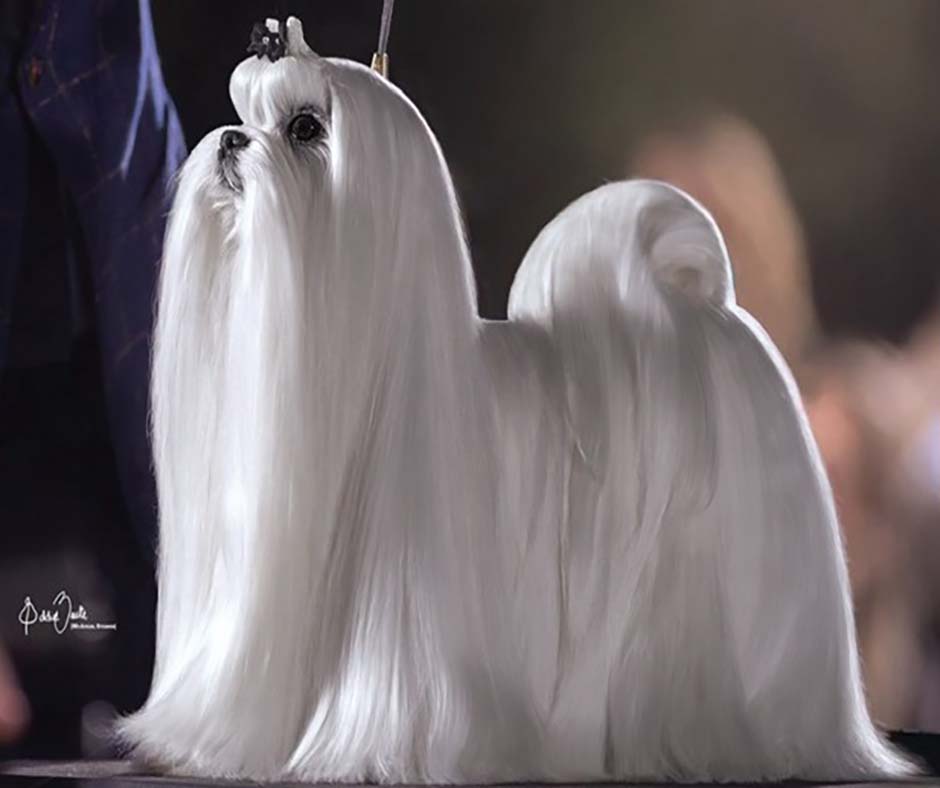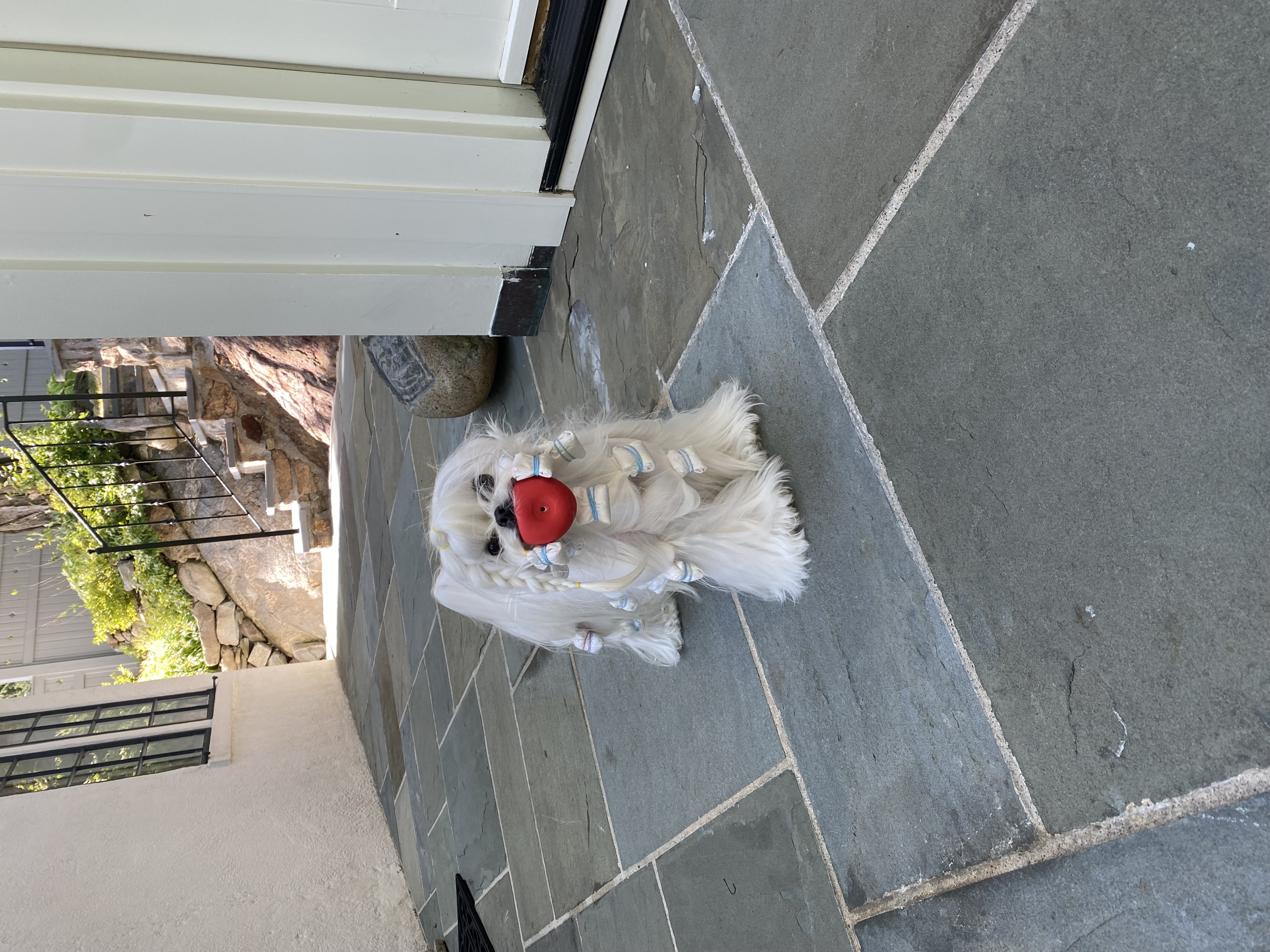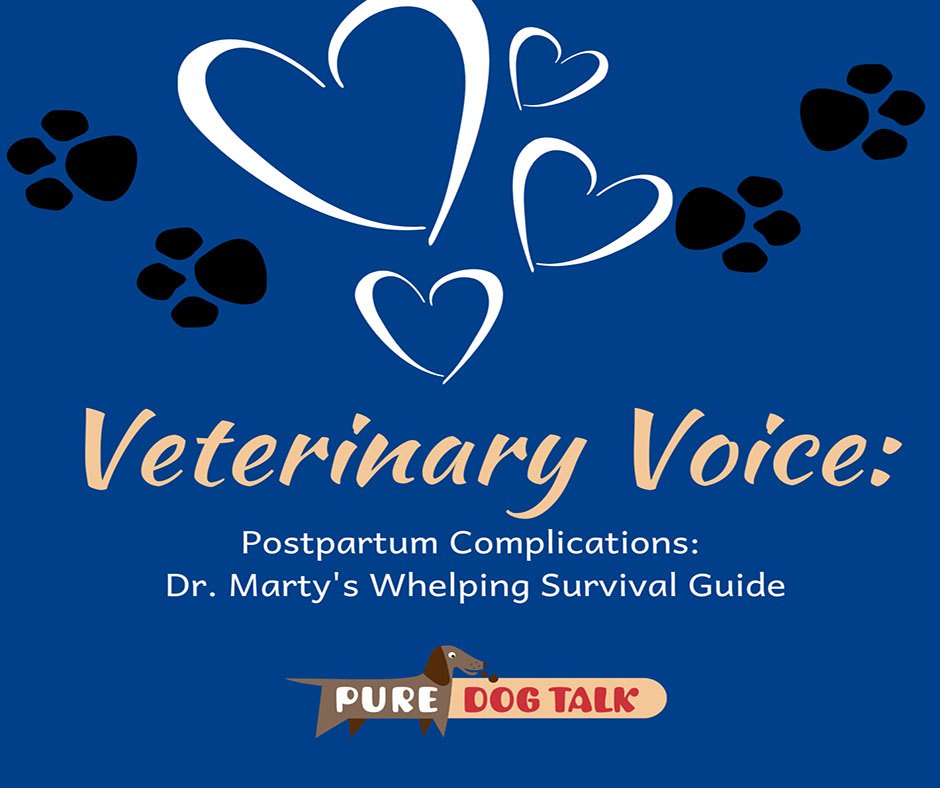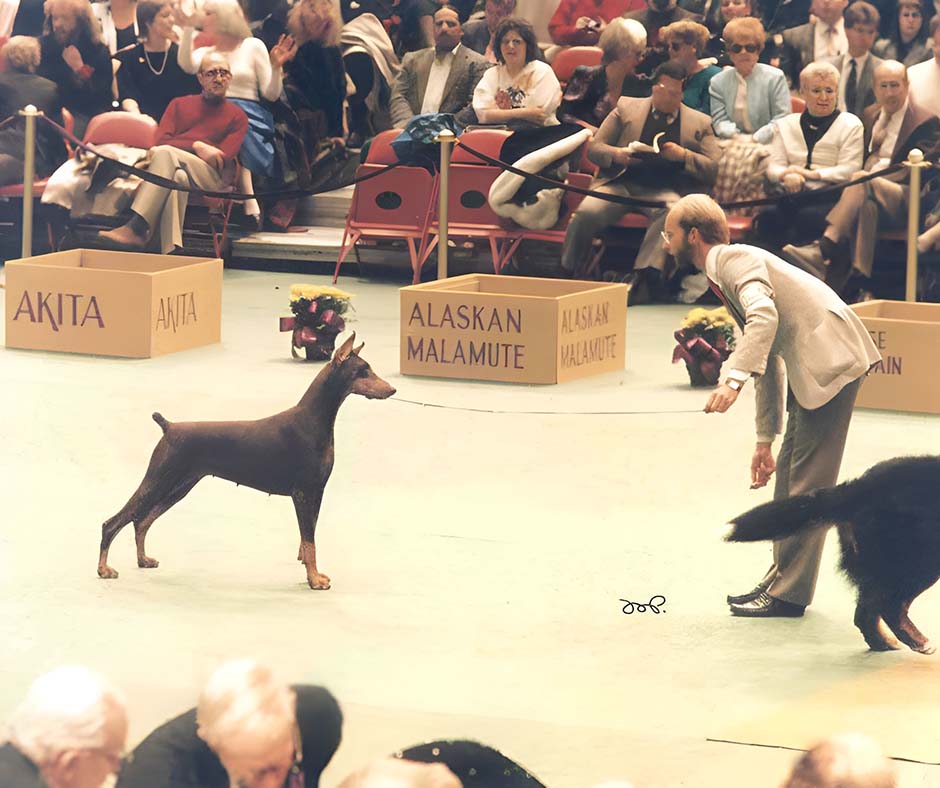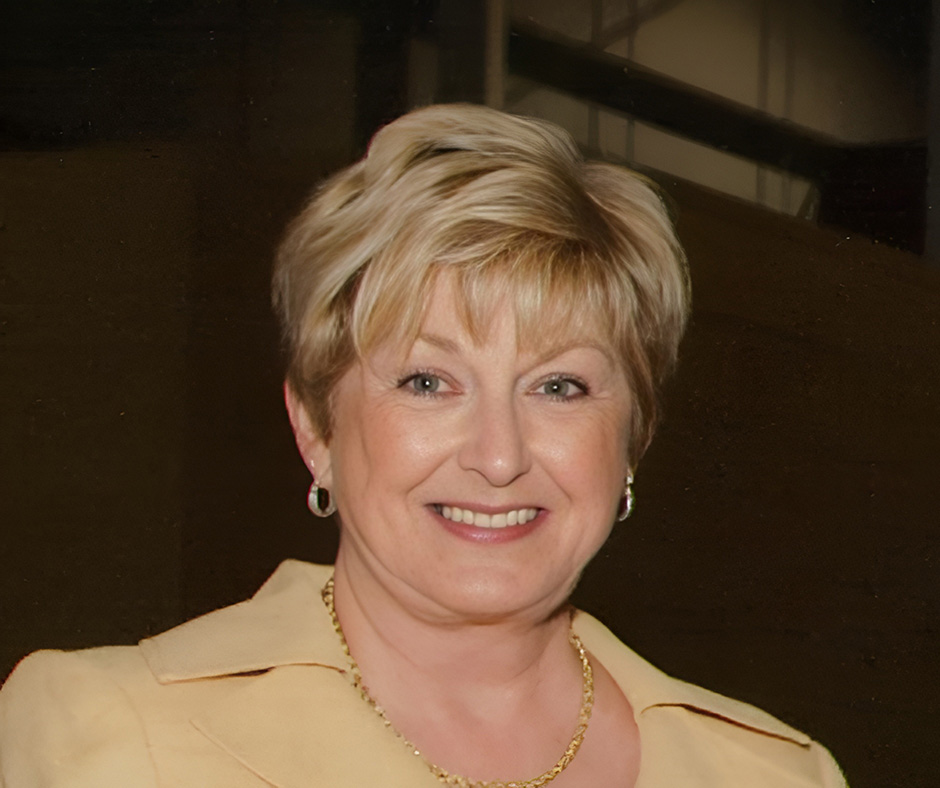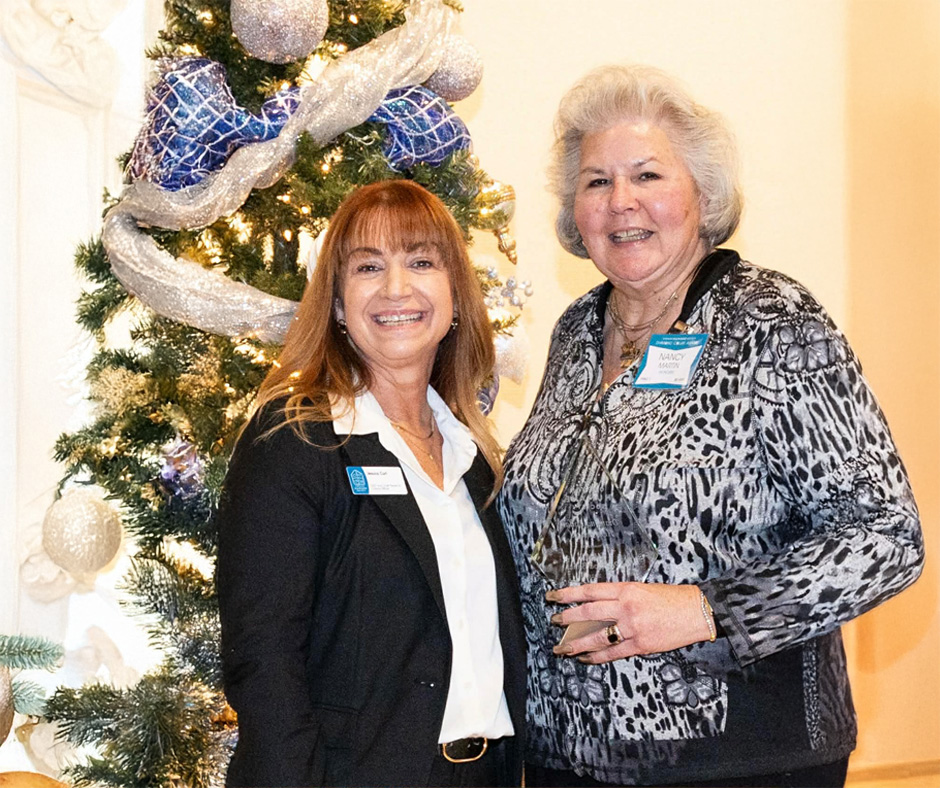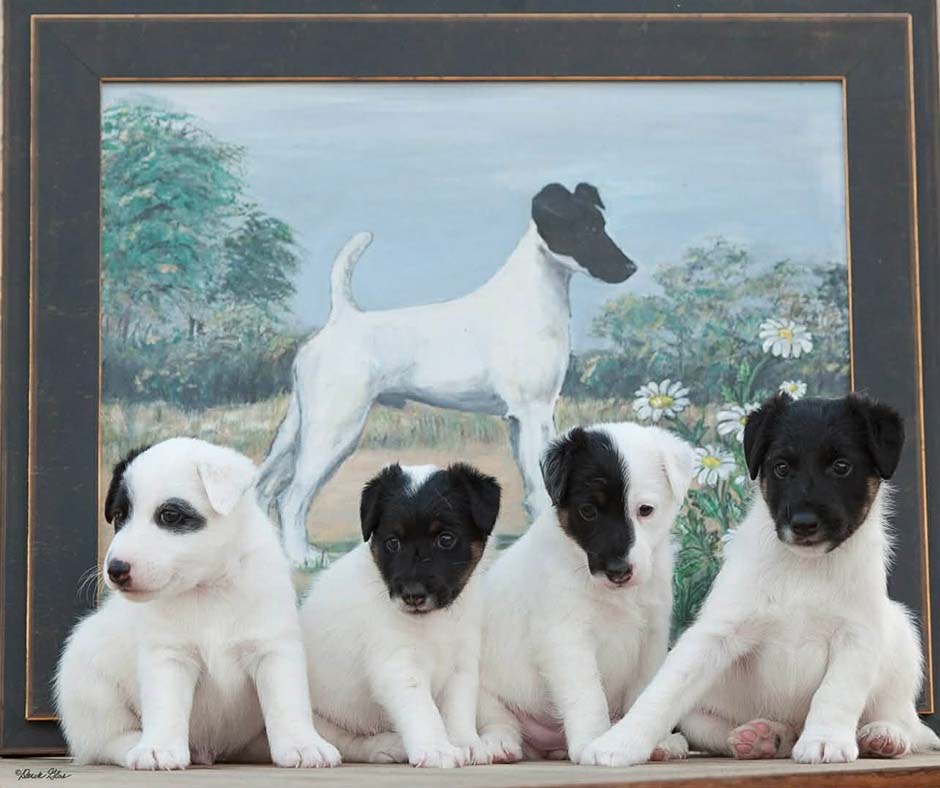Posts by Laura Reeves
728 — Fenbendazole Side Effects in Dogs: What Breeders Need to Know About Rare Reactions
Fenbendazole Side Effects in Dogs: What Breeders Need to Know About Rare Reactions
Fenbendazole (Panacur) has been a go-to dewormer for veterinarians and breeders for over 40 years — but a rare, life-threatening blood disorder in a 10-month-old French Bulldog is prompting a closer look. Dr. Marty Greer joins host Laura Reeves to share what happened, what it means, and why being an informed consumer of veterinary drugs matters more than ever.
Marty shares her experience with a young French Bulldog who developed severe pancytopenia — dangerously low white blood cells, platelets near zero, and declining red blood cells — after a 10-day course of fenbendazole for Giardia.
In this episode, Marty and Laura cover:
- Idiosyncratic vs. idiopathic reactions — what the difference means and why it matters when a drug you trust causes an unexpected response
- The fenbendazole case — a detailed walkthrough of diagnosis, the ruling-out process (parvo, tick-borne disease, vaccines, other drugs), and the treatment that turned it around within 24 hours
- The FDA Dear Veterinarian letter — as of April 2024, pancytopenia had been reported in 12 dogs on fenbendazole; this case may make 13
- How to report adverse drug reactions — and why that reporting matters for future label updates
- MDR-1 gene mutations — which breeds are affected and what drugs to watch
- Trimethoprim-sulfa (Bactrim/Albon) — breeds at higher risk for platelet drops, including Samoyeds, Dobermans, Goldens and Borzoi
- Topical flea/tick products — the “heebie-jeebies” skin sensation and what to do if your dog reacts every month
- Reading package inserts — a practical tip: search for the drug name + “package insert PDF” and use Ctrl+F to find terms like “pregnant,” “breeding,” or “male”
Key takeaway: Fenbendazole remains a safe, widely used drug — but as with any medication, idiosyncratic reactions can happen. Awareness is the goal, not alarm. If something seems off in a dog on any medication, add it to your list of differentials and call your vet.
Resources mentioned:
- Search: “Dear Veterinarian letter fenbendazole” to find the FDA communication
- Veterinary Information Network (VIN): vin.com
- Pure Dog Talk Patron community: puredogtalk.com/patron
- Pedigrees to Pups Seminar Weekend — Austin, TX (March 27–29) and Altoona, WI (April 10–12): puredogtalk.com/events
727 — WKC Toy Group Winning Handler Tim Lehman on Campaigning a Maltese
WKC Toy Group Winning Handler Tim Lehman on Campaigning a Maltese and Drop-Coat Excellence
Fresh off his Toy Group win at the Westminster Kennel Club Dog Show, Tim Lehman joins Pure Dog Talk to share the story behind Cookie, the breathtaking Maltese who captured hearts at the Garden. From a childhood obsession sparked in a Minnesota library to standing in the Best in Show lineup under the spotlight at Madison Square Garden, Tim’s journey is a testament to mentorship, meticulous coat care, purposeful breeding and staying in the path of kindness.
726 — Postpartum Complications in Dogs: Dr. Marty’s Whelping Survival Guide
725 — Gut Health, Brain Health and the Science of Better Dogs
Gut Health, Brain Health and the Science of Better Dogs
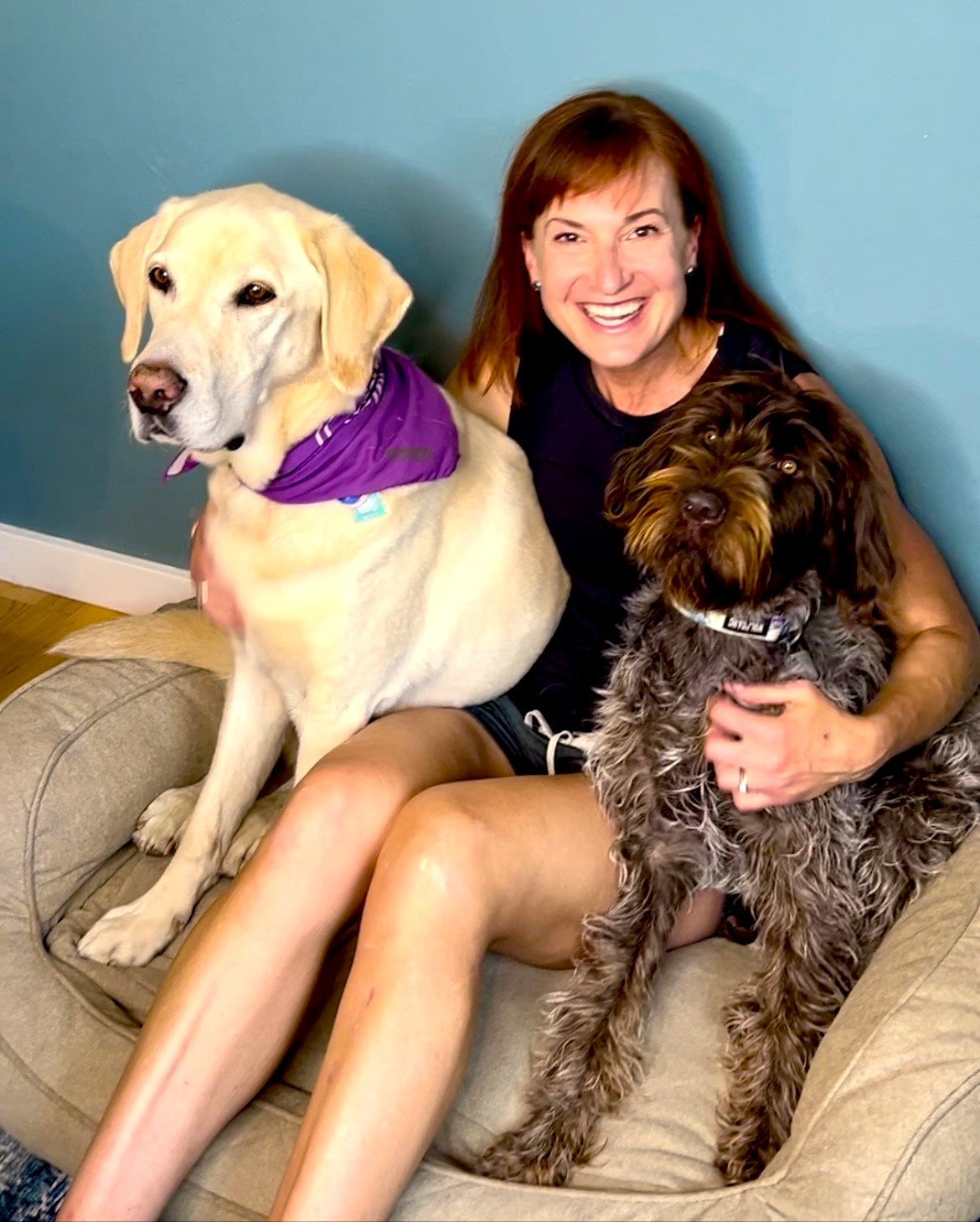
Dr. Lobos with her own dogs Finn and Journey.
What if your dog’s digestion affects more than just stool quality—what if it influences immunity, stress responses and even behavior? Host Laura Reeves is joined by Dr. Ruth Ann Lobos, Senior Veterinarian with Purina Pro Plan, for a fascinating deep dive into the latest research on the canine microbiome and the gut-brain axis. From the real meaning of prebiotics, probiotics and postbiotics to the role of MCTs in fueling the aging brain, this conversation brings cutting-edge canine nutrition science down to earth for breeders and serious dog people.
Lobos explores how modern canine nutrition is evolving beyond “just feeding a dog” and into targeted, research-backed support for digestion, cognition and quality of life.
Dr. Lobos explains that Purina doesn’t bring new diets to market simply for trendy ingredients or marketing hype—these new formulas are the result of years of research and partnerships with respected institutions like the AKC Canine Health Foundation and the renowned GI research lab at Texas A&M. Their goal is simple: support foundational health through the digestive system, since gut health affects everything from immunity to stress resilience—especially for dogs who travel, compete, or experience lifestyle changes.
One of the biggest takeaways is the clear explanation of the difference between prebiotics, probiotics and postbiotics. Dr. Lobos breaks it down in a way every dog owner can understand, using a lawn analogy: prebiotics act like fertilizer, probiotics are the grass seed, and postbiotics are like compost—no longer alive, but still beneficial.
The new Digestive Support Plus formula builds on the success of Sensitive Skin & Stomach by adding a science-supported probiotic strain that is shelf-stable and effective for dogs who need “just a little more” digestive support—without jumping straight to a veterinary therapeutic diet.
The conversation also turns to senior dogs and brain health. Dr. Lobos shares the compelling research behind medium chain triglycerides (MCTs), which help provide an alternative fuel source for the aging brain. Dogs fed MCT-supported diets have shown improved learning, awareness, and cognitive function. Even more intriguing: related research has demonstrated seizure reduction in dogs with idiopathic epilepsy using higher-MCT therapeutic diets.
This episode is a must-listen for breeders, competitors and devoted dog owners who want to understand the real science behind feeding decisions—without the buzzword nonsense.
724 — Legendary Handler Andy Linton on Quality, Conditioning and Presentation
Legendary Handler Andy Linton on Quality, Conditioning and Presentation
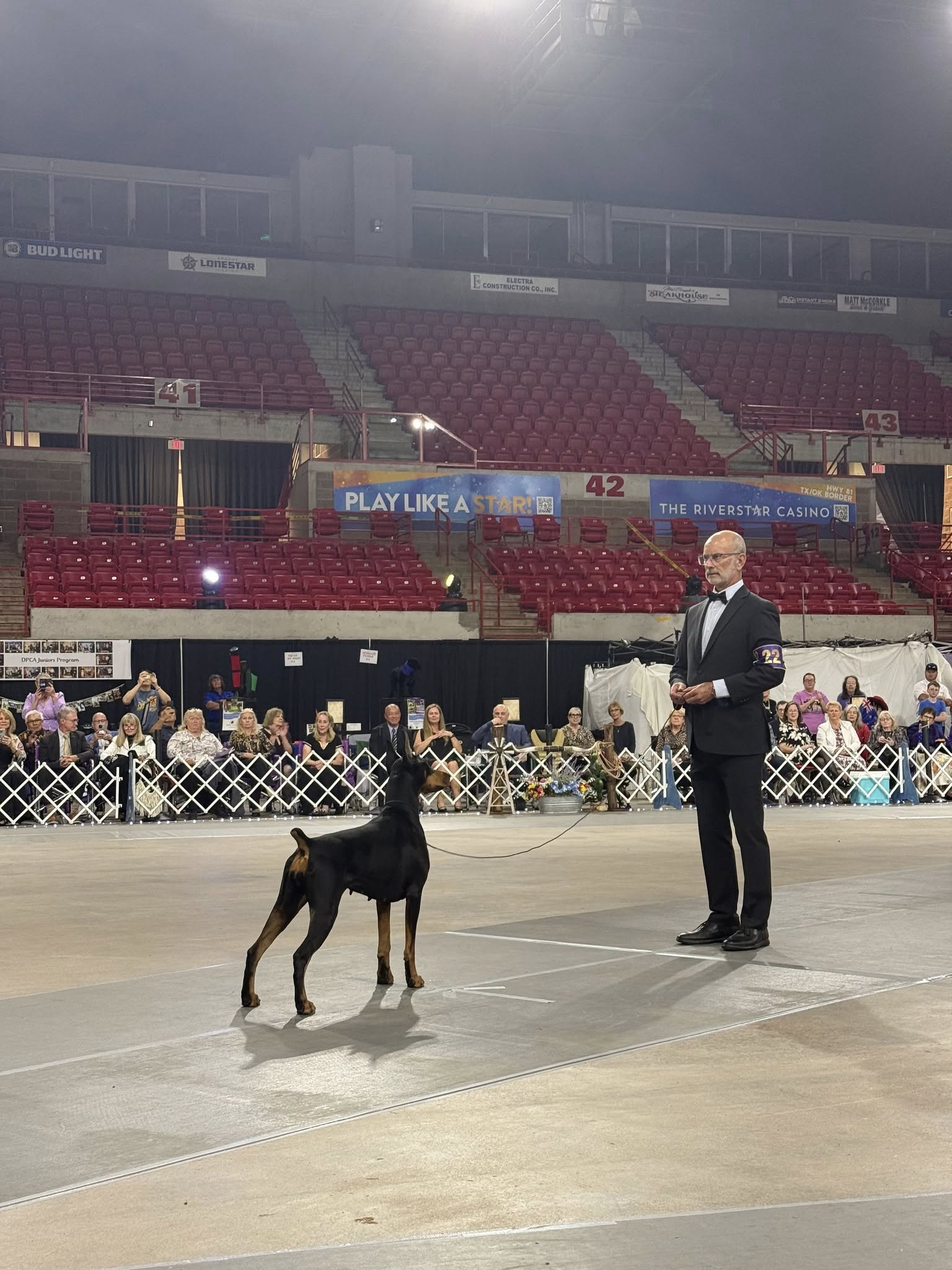
Andy and Penny shine at the DPCA Top 20.
Host Laura Reeves sits down one-on-one with legendary professional handler Andy Linton for an in-depth conversation about a lifetime in the sport. From his beginnings as a Southern California teenager more interested in surfing than dog shows, to handling some of the most iconic Best in Show winners in history — including Indy winning BIS at Westminster Kennel Club — Andy shares the experiences, lessons and mindset that shaped his extraordinary career.
Andy walks listeners through his early days showing a Doberman in the 1970s, learning the ropes by working for top handlers and absorbing invaluable lessons from mentors like Clay Coady, Tim Brazier, Bob and Jane Forsyth, and others. He reflects on the importance of watching, learning and stealing the best ideas — not just how handlers move dogs, but why certain techniques change balance, expression and overall picture in the ring. For Andy, success has never been accidental. It’s the result of dreaming big, setting clear goals and backing those dreams with relentless effort and self-reflection.
Central to the conversation is Andy’s core philosophy of winning: quality, condition and presentation. He explains why even a modest dog can dramatically improve — or undermine — its chances depending on conditioning and handling, and why exhibitors should focus on improving their own skills rather than blaming judges or competition. Conditioning, Andy emphasizes, isn’t about one-size-fits-all roadwork, but tailoring fitness to each dog’s structure and needs while keeping them happy, healthy and enthusiastic about their job.
The discussion also dives into Andy’s trademark quiet hands and free-stacking style, emphasizing trust, simplicity and making the ring feel as relaxed as a dog waiting for a sandwich in the kitchen. He shares practical insight into situational awareness, reading judges, selling a dog’s strengths with integrity, and mastering the small details that can make all the difference at high-pressure events like Westminster.
Beyond the ring, Andy reflects on his role advising breeding programs, watching generational changes in breeds, and helping create great dogs behind the scenes. He also speaks candidly about mentorship, gratitude, and the dog show community, sharing heartfelt thoughts on kindness, legacy and staying engaged in the sport he loves. This episode is packed with timeless wisdom for breeders, owner-handlers and professionals who want to elevate their dogs — and themselves — in the world of purebred dogs.
723 — From Pugs to the Green Carpet: Charlotte Patterson on Judging the Toy Group at Westminster
From Pugs to the Green Carpet: Charlotte Patterson on Judging the Toy Group at Westminster

Charlotte Patterson awarding David Fitzpatrick first in the Toy Group at Westminster Kennel Club in 2017 with “Chuckie.”
In this episode of Pure Dog Talk, host Laura Reeves sits down with one of the true legends of the sport, Charlotte Patterson, longtime Pug breeder, former president of the Pug Dog Club of America, successful professional handler and Westminster Kennel Club judge. With Charlotte set to judge the Toy Group at Westminster, this conversation is both timely and timeless, packed with history, insight and hard-earned wisdom.
Charlotte shares the unforgettable story of how she fell in love with Pugs in 1969, buying her first dog on a payment plan and unknowingly stepping into a world that would change her life forever. From borrowing money for a stud fee to producing top winners — including a Toy Group winner at Westminster — Charlotte’s journey perfectly illustrates how passion, mentorship and commitment shape successful preservation breeders.
The conversation dives deep into breeding philosophy, particularly in brachycephalic breeds like Pugs. Charlotte explains why breeders must be intentional, cautious, and forward-thinking, emphasizing the long-term consequences of breeding decisions. She speaks candidly about balance, movement, head type, breathing, and why “what you put in today will show up generations later.” Her message is clear: know your standard, know your pedigrees and never breed blindly.
As a judge with more than 35 years of experience and tens of thousands of dogs examined, Charlotte offers a rare look into Toy Group judging at the highest level. She discusses what she values when she steps onto the green carpet at Madison Square Garden — balance, breed type, soundness, and dogs that can confidently perform under pressure. She also explains why movement in toy breeds must reflect breed purpose, not exaggerated speed.
Beyond breeding and judging, Charlotte offers thoughtful guidance on breed clubs, mentorship and leadership, sharing lessons learned from over a decade as a national club president. Her advice for newcomers? Find the right mentor, get involved and understand that leadership is about work — not power.
This episode is a must-listen for dog breeders, exhibitors, judges, and purebred dog enthusiasts who care deeply about preserving breed history while moving the sport forward.
👉 Don’t miss this heartfelt, humorous, and deeply knowledgeable conversation with one of purebred dogs’ most respected voices.
722 — FIDO: Nancy Martin and the Power of Keeping Pets in Homes
FIDO: Nancy Martin and the Power of Keeping Pets in Homes
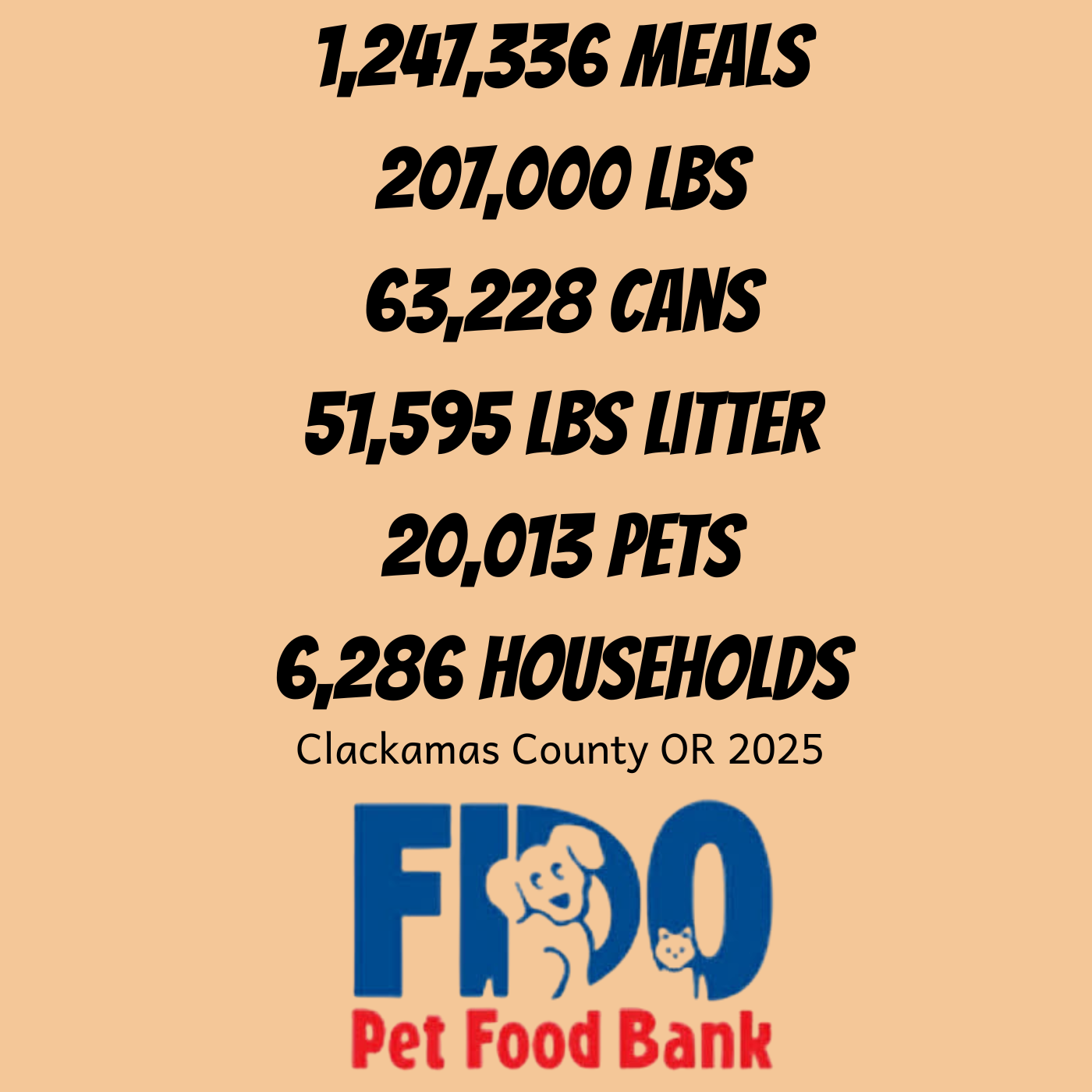 Host Laura Reeves is joined by longtime friend and icon of the dog world, Nancy Martin—legendary breeder, professional handler and now visionary founder of FIDO: Friends Involved Dog Outreach. This episode is a powerful reminder of what our community can accomplish when passion meets purpose.
Host Laura Reeves is joined by longtime friend and icon of the dog world, Nancy Martin—legendary breeder, professional handler and now visionary founder of FIDO: Friends Involved Dog Outreach. This episode is a powerful reminder of what our community can accomplish when passion meets purpose.
After decades of success in the show ring, Nancy’s retirement from handling didn’t slow her down—it redirected her energy. What began as a simple act of compassion through a veterinary clinic grew into a groundbreaking mission: addressing pet food insecurity as a way to keep dogs out of shelters and in the homes that love them. From that idea, FIDO was born, along with the National Pet Assistance Network and No Pet Hungry America.
Nancy shares how food insecurity is a household issue that directly impacts pets, why “wraparound services” matter more than blame, and how keeping families fed can prevent surrender before crisis hits. The results are staggering: over 6,000 households supported and more than 1.2 million meals provided in a single year.
This conversation also dives into Nancy’s national recognition—including the Oregon Humane Society’s Diamond Collar Award and a Community Hero Award from the Oregon Ducks—and why those honors represent a shift in how purebred dog people can be seen as part of the solution.
From mentoring future veterinarians to challenging long-held narratives about breeders and rescue, Nancy Martin is redefining advocacy in dogs. This episode is a must-listen for anyone who cares about the future of purebred dogs, community responsibility and meaningful, practical change.
👉 Get involved! FIDO and No Pet Hungry America.

721 — From Rescue to Responsible Breeding: Why Education Is the Future of Dog Breeding
From Rescue to Responsible Breeding: Why Education Is the Future of Dog Breeding
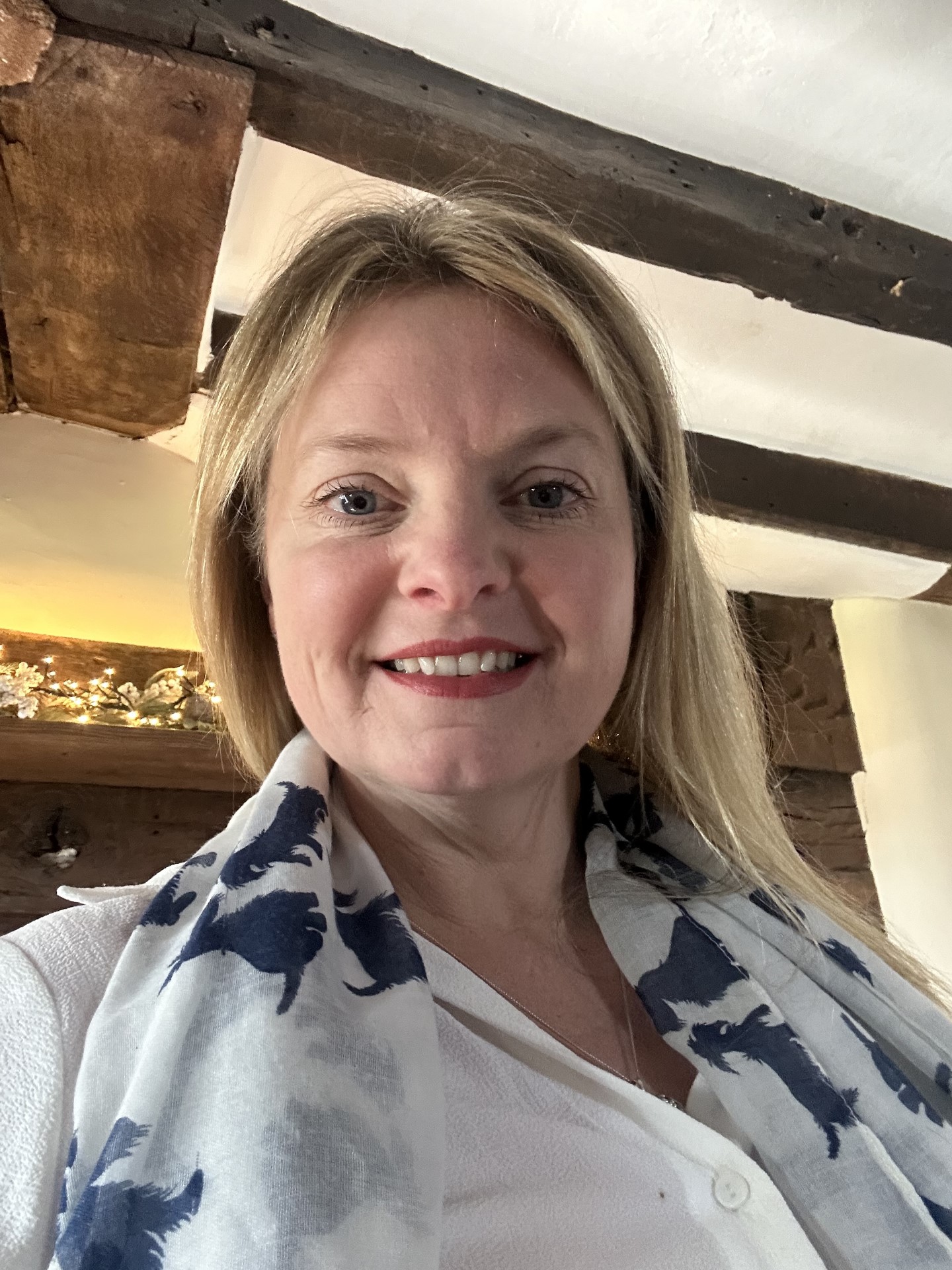
Rebecca Norton-Childs is the founder of Pupstarts breeder education program in the UK.
In this powerful international conversation, host Laura Reeves welcomes Rebecca Norton-Childs — a UK-based educator and founder of a nationally accredited dog breeder training program — to discuss why education, intention and responsibility are critical to the future of dog breeding.
Rebecca’s journey began on the front lines of rescue and animal control, where she witnessed firsthand the heartbreaking consequences of poor breeding practices, inadequate early socialization and uninformed ownership. Rather than adopting a “don’t breed dogs” mindset, Rebecca chose a different path: breed better dogs — and teach others how to do the same.
In this episode, we explore how her experiences in rescue shaped her belief that ethical, knowledgeable breeders are essential to improving canine welfare. Rebecca explains how breeder education in the UK has evolved into nationally accredited qualifications..
Listeners will gain insight into:
-
Why early neurological stimulation and puppy socialization start with the breeder
-
How education empowers breeders to confidently match puppies with the right homes
-
The role of behavior science, epigenetics and modern husbandry in producing stable dogs
-
Why breeding dogs should be viewed as a profession, not a hobby
Rebecca also shares how her programs foster a judgment-free, global community of breeders committed to learning, sharing knowledge, and putting dogs first — regardless of breed, discipline or purpose.
This episode is a must-listen for everyone who believes the future of purebred dogs depends on intentional breeding, informed decisions and lifelong learning.
720 — Stud Dog Marathon: How Often Is Too Often?
719 — Amy Rutherford on Smooths, Bred-By Success and Preservation Breeding
Amy Rutherford on Smooths, Bred-By Success and Preservation Breeding
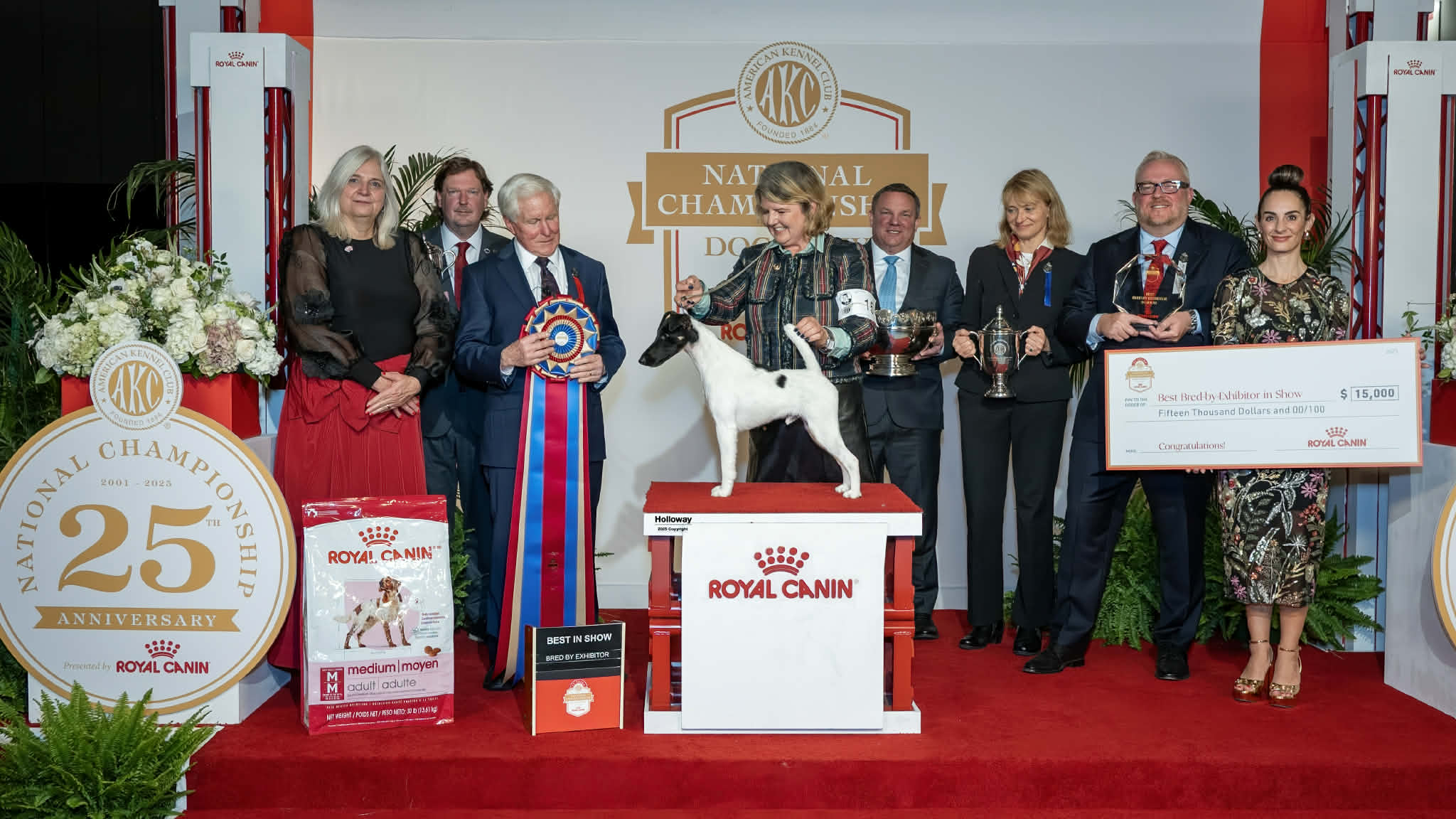
Amy Rutherford winning Best Bred By Exhibitor at AKC National Championship with Wager.
Today’s episode brings you a rare conversation with someone who does not say yes to interviews very often. Amy Rutherford joined host Laura Reeves for a holiday visit and the timing could not be better, fresh off her Best Bred-By Exhibitor win at the AKC National Championship with her Smooth Fox Terrier, Wager. For breeders, exhibitors, and dog show fans, this conversation delivers real insight into what it takes to build a program that lasts.
From a childhood dog show moment to a lifetime in terriers
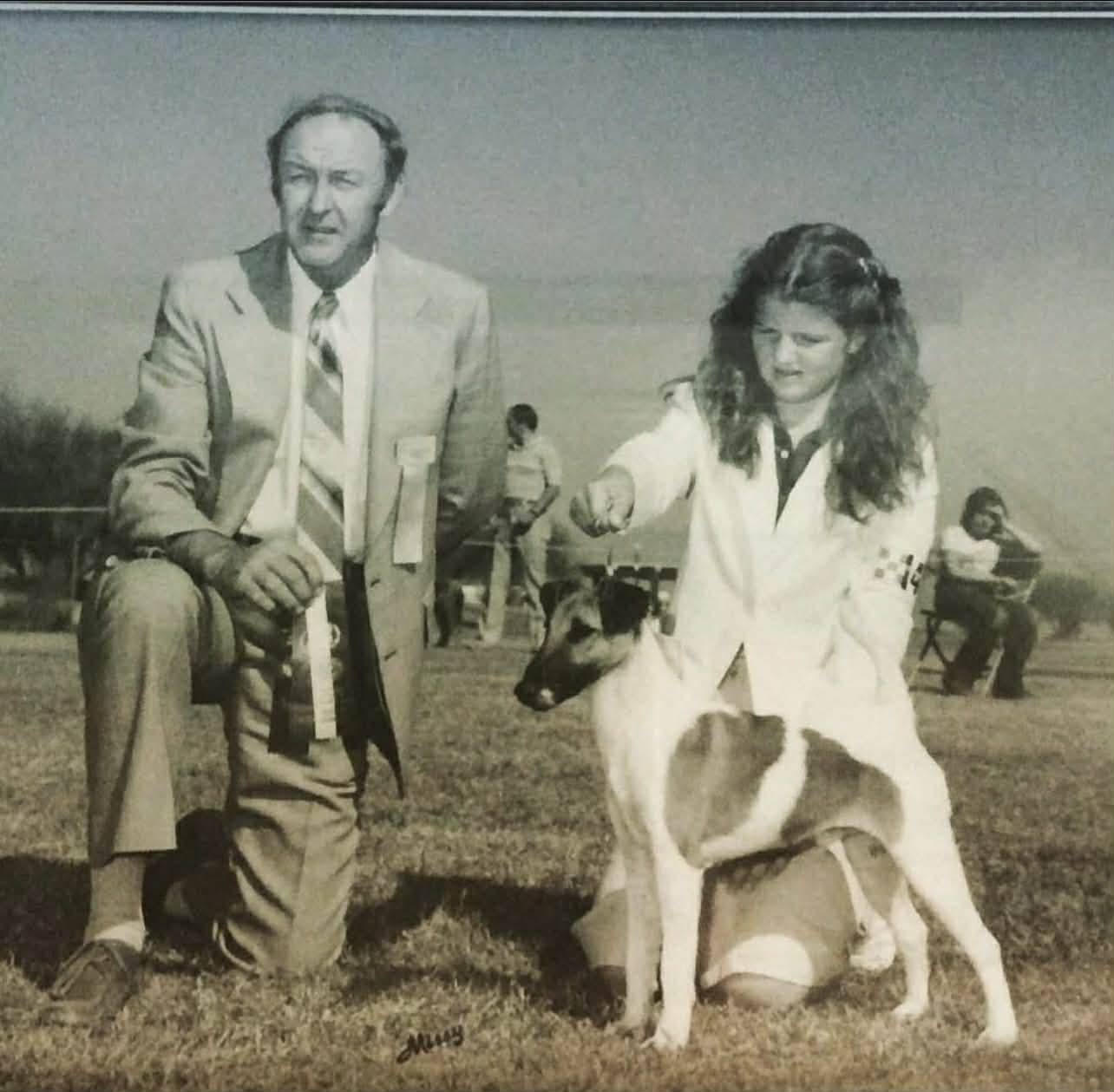
Rutherford with one of her foundation Smooth Fox Terriers.
Amy’s path started early. Her parents were horse people who also kept Australian Shepherds before they were AKC recognized. A winter trip turned into a defining moment when the family got snowed in and visited an AKC dog show. From the stands, young Amy watched Smooth Fox Terriers in the ring and knew she wanted that life.
The journey was not immediate. Her first breed was Airedales, which taught hard lessons about grooming, structure, and realistic expectations. Eventually, she saved money and purchased Smooth Fox Terrier puppies that both finished quickly and became group winners. That early success did more than build confidence. It created a foundation and one of those early bitches still anchors the pedigree behind her dogs today.
The handler apprenticeship that built a career
Amy’s handling career developed the way the best ones often do, through years of real work. She spent summers helping professionals and then committed to a full apprenticeship with Eddie and Leslie Boyes. She stayed for nine years, learning the daily realities of conditioning, presentation, animal husbandry, trimming and the logistics that define show life.
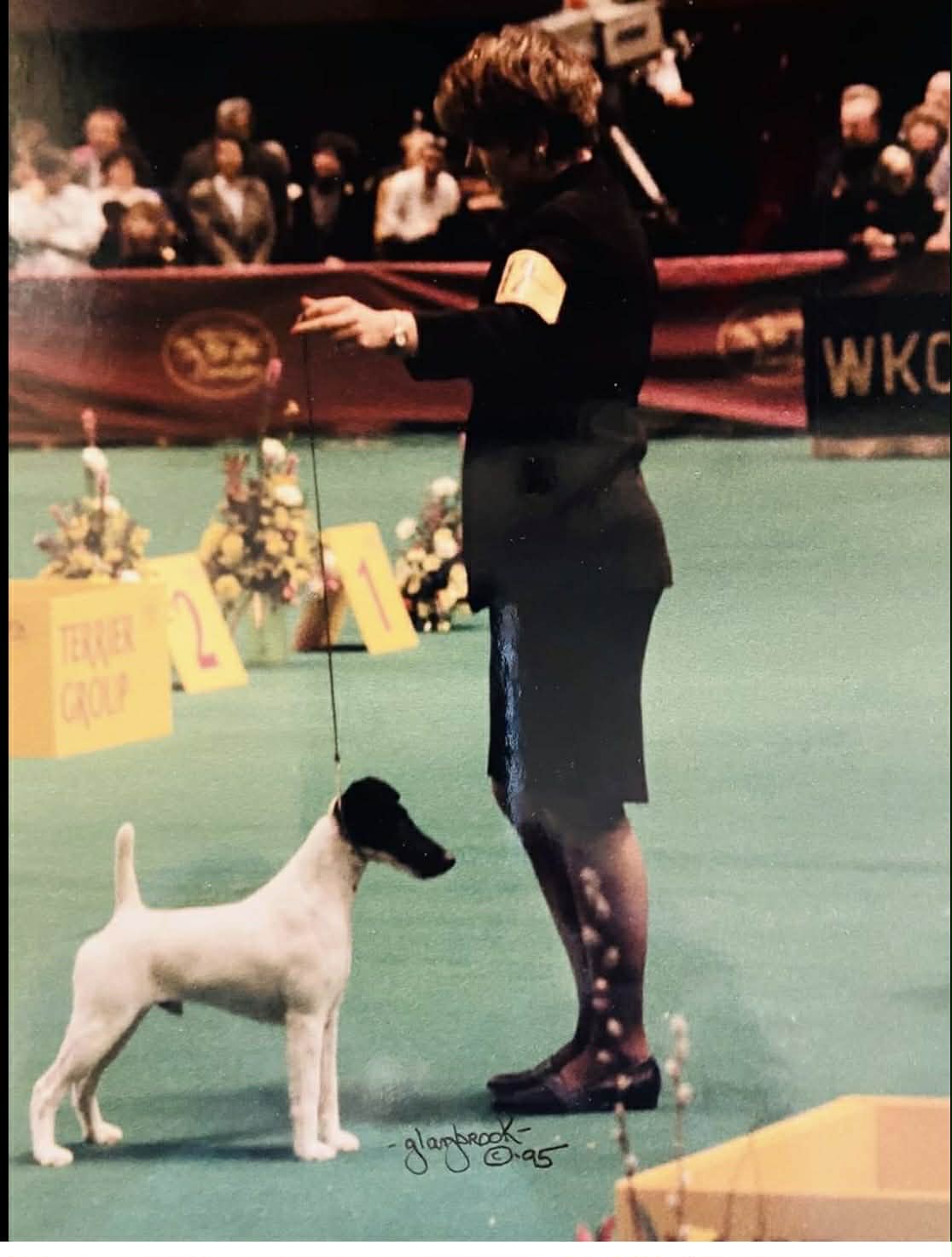
Rutherford showing Dover, Ch. Aimhi Type Cast, at Westminster Kennel Club.
That apprenticeship is a major takeaway for anyone interested in becoming a professional handler. Amy explains that experience builds skill and it builds a network. When she went out on her own, she had the credibility and connections that make the difference between surviving and thriving.
Showing different breeds and winning with controversial dogs
One of the most valuable parts of this episode is Amy’s honest discussion about stepping into breeds that are not part of your original comfort zone. She moved from Smooth Fox
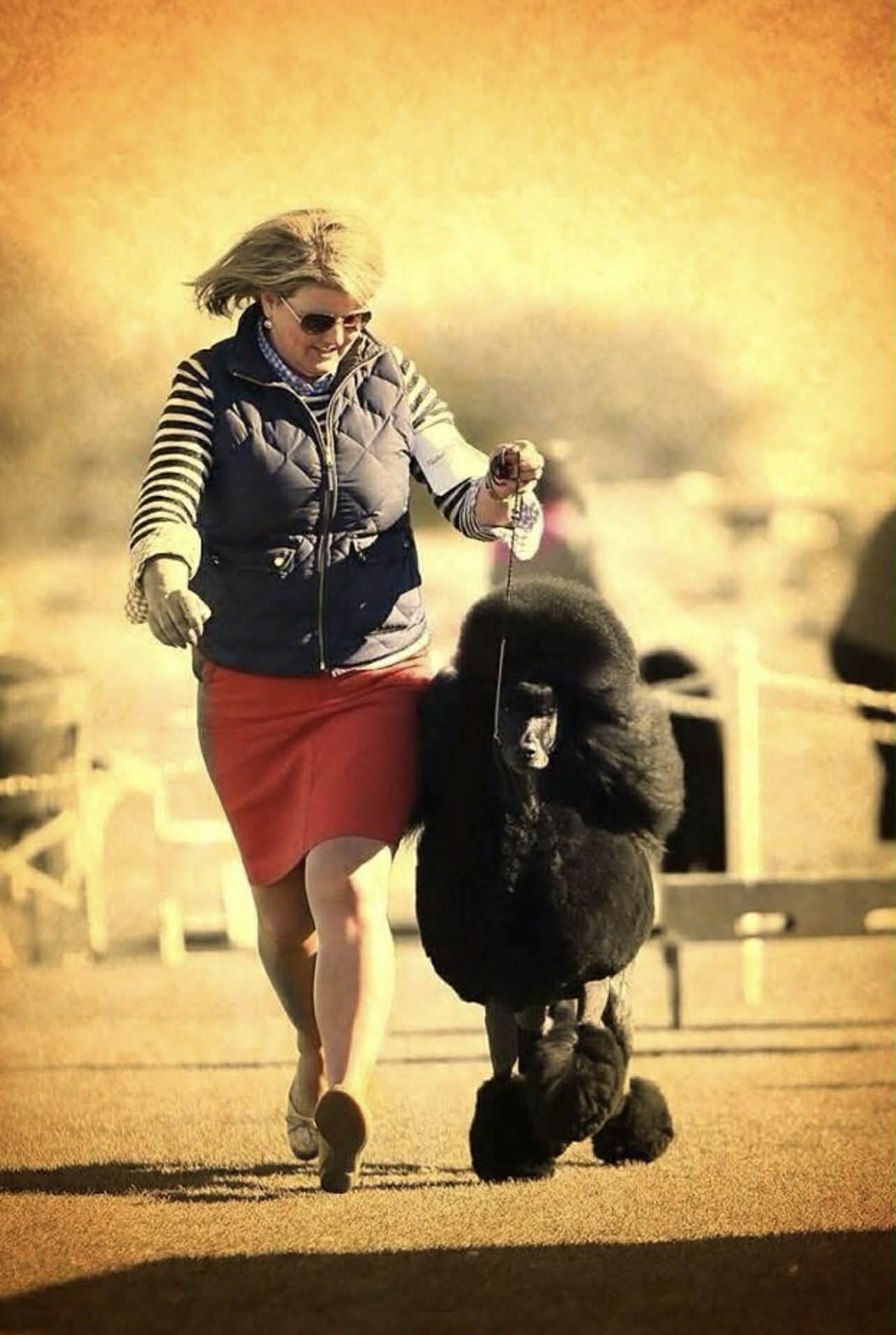
Rutherford showing Standard Poodle, Dino, GCH. Del Zarzoso Salvame From Afterglow
Terriers into coated breeds including a Portugese Water Dog and a Standard Poodle import. Her advice is clear. Learn from the best people you can find, ask for feedback, and keep training your eye.
She also talks about the reality of showing a dog that does not match the popular look of the moment. Her Standard Poodle, Dino, was impressive and successful but also controversial. Amy says the key is believing in your dog completely and choosing shows and judges who will appreciate the dog’s strengths.
Building a Smooth Fox Terrier program that produces winners
For preservation breeders, Amy’s success with Smooth Fox Terriers offers powerful lessons. She describes how she pursued the look she wanted, sought mentorship and bred to the best dogs available. The results include legendary dogs like Dover, a top-winning Smooth Fox Terrier who also became a major sire.
That legacy continues with Wager, the dog who earned Best Bred-By Exhibitor at the AKC National Championship. Amy shares the behind the scenes breeding decisions, the role of frozen semen and a few “miracle” moments that made Wager possible.
If you are serious about showing dogs, preservation breeding, or building a kennel name with meaning, this episode is required listening. Learn more and listen now at PureDogTalk.com.


